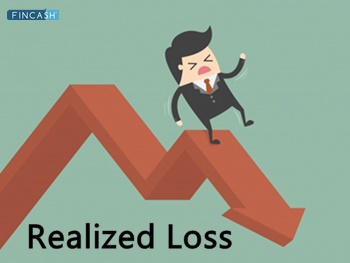
Capital Loss Carryover
What is Capital Loss Carryover?
Capital Loss carryover is the net amount of Capital loss that will be carried into the future year under the tax laws. A net capital loss occurs when the total capital losses are greater than the total Capital Gain. Note that there is no maximum number of years for the capital loss carryover.

The capital loss carryover is classified as short-term capital loss or a long-term capital loss. Under the income tax law, if a loss is related to a short-term capital asset, it can be put under the ‘capital gains’ heading for that assessment year.
The capital gain is an increase in asset value or investment value due to the increase in the price of the asset or investment. This gain happens when the price of an asset or the sale of an asset increases and crosses its purchase price.
In the same way, a capital loss occurs when the price value of the asset or investment falls and becomes lower than the price at which it was purchased.
The capital gain can be both realised and unrealised. Realised gain is when a business records a gain on the sale of an asset or investment. Whereas, an unrealised gain is when the price of the asset or investment increases, but there is no sale of the same.
Talk to our investment specialist
Long-term and Short-term Capital Asset
To classify a capital asset as short-term or long-term, the period of holding the asset has to be taken into consideration. Short-term capital assets are those assets that are held up to 63 months preceding the date of its transfer. Those exceeding this holding period are long-term capital assets.
Please note that in the case of securities which are listed on accredited stock exchanges, the short-term period is 12 months. If the securities are not part of the accredited stock exchange, short-term period refers to 24 months.
All efforts have been made to ensure the information provided here is accurate. However, no guarantees are made regarding correctness of data. Please verify with scheme information document before making any investment.












